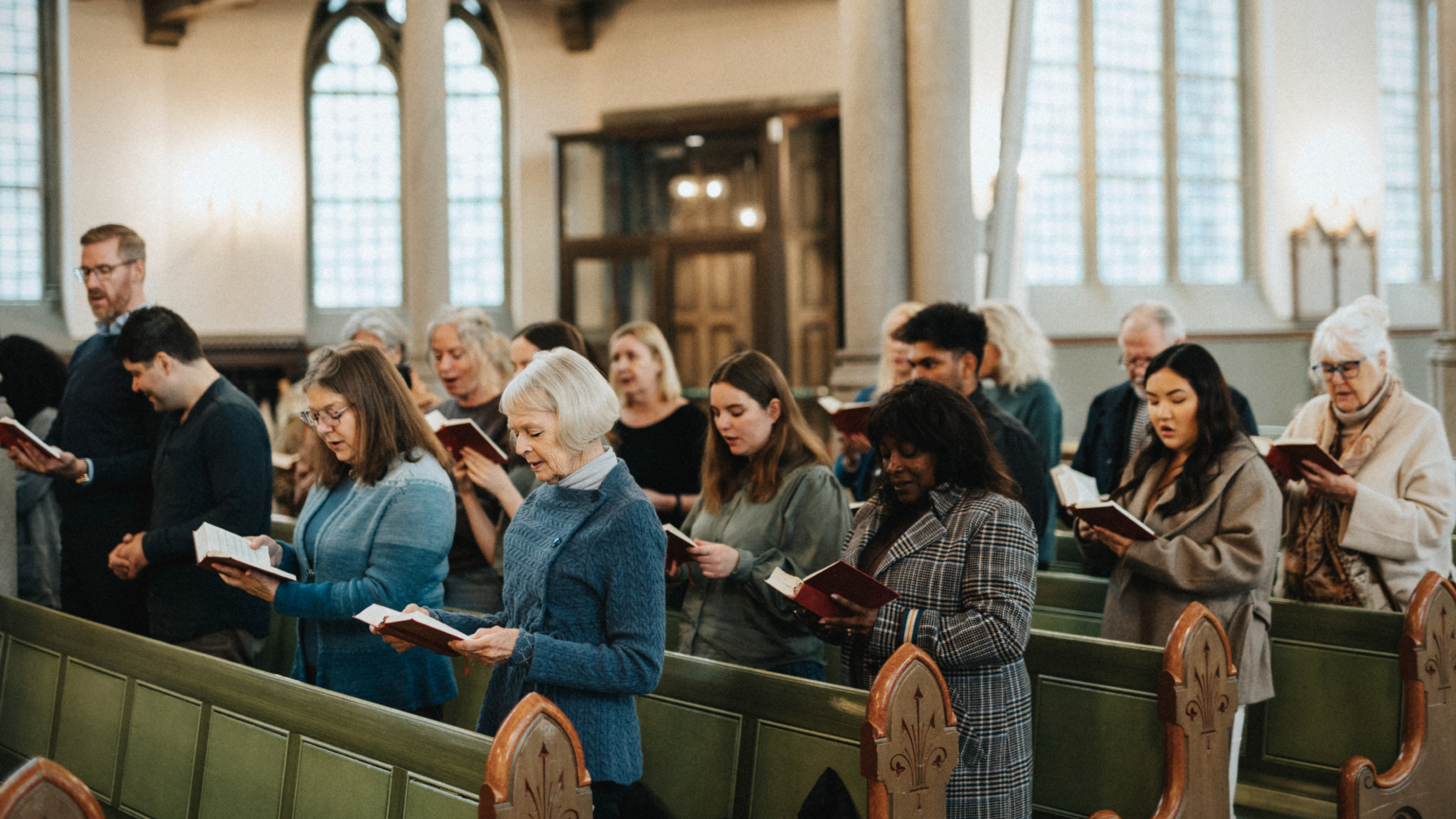US Christianity's long decline has halted, Pew finds
62% of Americans call themselves Christian, a population that has been 'relatively stable' for the past five years


A free daily email with the biggest news stories of the day – and the best features from TheWeek.com
You are now subscribed
Your newsletter sign-up was successful
What happened
"After many years of steady decline, the share of Americans who identify as Christians shows signs of leveling off — at least temporarily," Pew Research Center said Wednesday.
Who said what
Pew's third Religious Landscape Study found that 62% of Americans call themselves Christian — 40% Protestant, 19% Catholic and 3% other. That's a decline from 78% in 2007 and 71% in 2014, but "the Christian share of the adult population has been relatively stable" for the past five years, Pew said. The share of "nones" — those with no religious affiliation — has also been relatively stable at 29%, up from 16% in 2007 and 23% in 2014.
The study, which surveyed a nationally representative sample of 36,908 respondents from July 2023 to March 2024, found that 1.7% of Americans identify as Jewish, 1.2% as Muslim, 1.1% as Buddhist and 0.9% as Hindu.
The Week
Escape your echo chamber. Get the facts behind the news, plus analysis from multiple perspectives.

Sign up for The Week's Free Newsletters
From our morning news briefing to a weekly Good News Newsletter, get the best of The Week delivered directly to your inbox.
From our morning news briefing to a weekly Good News Newsletter, get the best of The Week delivered directly to your inbox.
Older age cohorts were more likely to identify as Christian, as were political conservatives — 82% versus 37% of liberals. But the "youngest age group," people 18 to 24, "appear to defy that trend," The New York Times said. They are about as religious as the cohort above them, and the persistent "gap in religiosity between men and women" that "some scholars characterize" as a "fact of human life" is "small or nonexistent," with men as religious as women. "If you're a young white male these days and you think of yourself as conservative, then being religious is a part of that," David Campbell, a Notre Dame political scientist, said to the Times.
What next?
Religious researchers said the "data does not indicate an actual reversal in the decline of Christianity," the Times said, but it "might offer a hint at the natural ceiling of nonreligiosity in the United States."
A free daily email with the biggest news stories of the day – and the best features from TheWeek.com
Peter has worked as a news and culture writer and editor at The Week since the site's launch in 2008. He covers politics, world affairs, religion and cultural currents. His journalism career began as a copy editor at a financial newswire and has included editorial positions at The New York Times Magazine, Facts on File, and Oregon State University.
